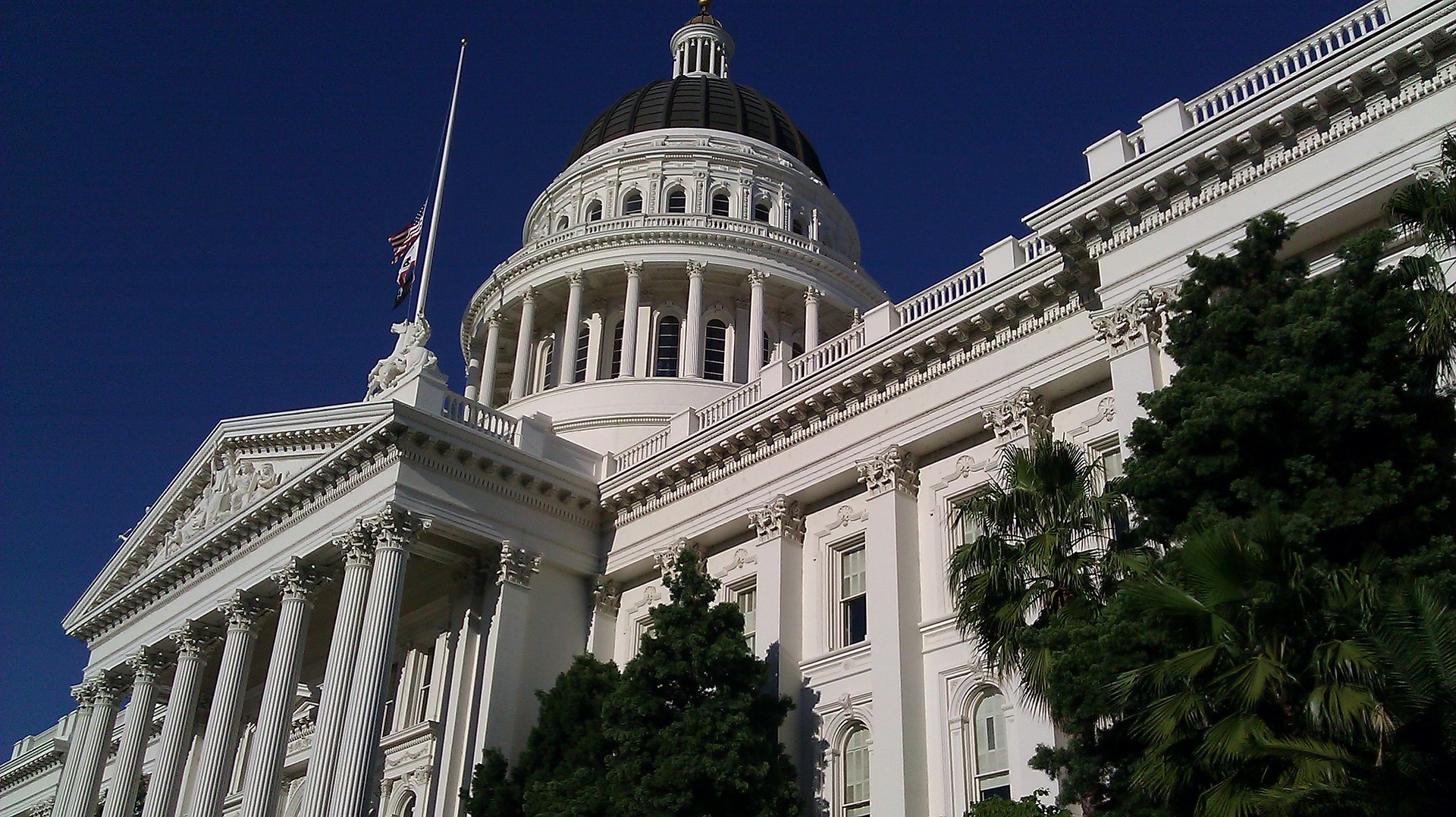What happens after a bill becomes law? The answer may be more complicated than you think. The Pacific Institute has been involved in determining how the Water Conservation Act of 2009 (California Senate Bill x7-7) will be implemented by participating on both the Agricultural and Urban Stakeholder Committees. The legislation requires that the Department of Water Resources work with these committees to develop policy, guidelines, and regulatory rules that meet the intent of the law. This page provides links to letters submitted or signed onto by Pacific Institute staff and brief summaries of the major issues.
Department of Water Resources Information about Senate Bill x7-7
Senate Bill x7-7 was enacted in November 2009, requiring all water suppliers to increase water use efficiency. Below are the highlights of this legislation, divided into two sectors, Urban Water Conservation and Agricultural Water Conservation.
The bill also requires, among other things, that the Department of Water Resources, in consultation with other state agencies, develop a single standardized water use reporting form, which would be used by both urban and agricultural water agencies.
Urban Water Conservation
The legislation sets an overall goal of reducing per capita urban water use by 20% by December 31, 2020. The state shall make incremental progress towards this goal by reducing per capita water use by at least 10% by December 31, 2015.
Each urban retail water supplier shall develop water use targets and an interim water use target by July 1, 2011.
An urban retail water supplier shall include in its water management plan due July 2011 the baseline daily per capita water use, water use target, interim water use target, and compliance daily per capita water use. The Department of Water resources, through a public process and in consultation with the California Urban Water Conservation Council, shall develop technical methodologies and criteria for the consistent implementation of this part.
The Department of Water Resources shall adopt regulations for implementation of the provisions relating to process water.
A Commercial, Institutional, Industrial (CII) task force is to be established that will develop and implement urban best management practices for statewide water savings.
Effective 2016, urban retail water suppliers who do not meet the water conservation requirements established by this bill are not eligible for state water grants or loans.
Agricultural Water Conservation
Agricultural water suppliers shall prepare and adopt agricultural water management plans by December 31, 2012, and update those plans by December 31, 2015, and every 5 years thereafter.
On or before July 31, 2012, agricultural water suppliers shall:
- Measure the volume of water delivered to customers.
- The Department of Water Resources shall adopt regulations that provide for a range of options that agricultural water suppliers may use to comply with the measurement requirement.
- Adopt a pricing structure for water customers based at least in part on quantity delivered.
- Implement additional efficient management practices.
- Effective 2013, agricultural water suppliers who do not meet the water management planning requirements established by this bill are not eligible for state water grants or loans.


